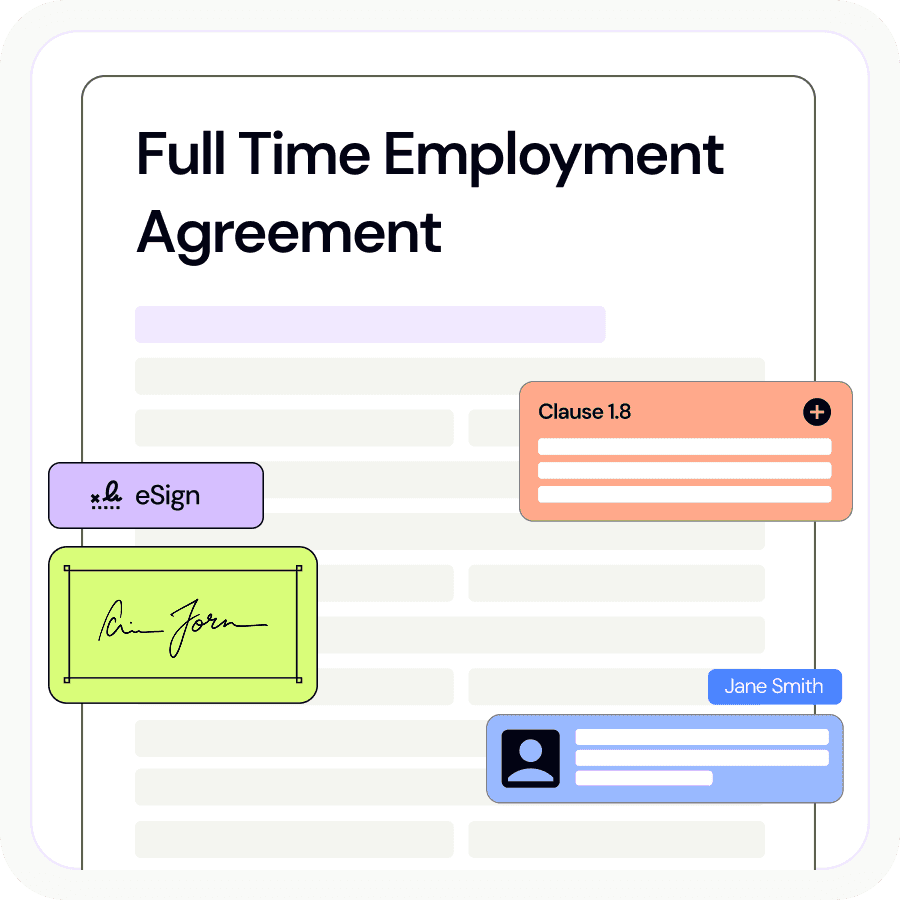Ordinarily, employers and employees are both required to give sufficient notice when terminating employment. Yet sometimes an employer may choose for an employee not to work out their notice period and cease working immediately. In this article, we’ll outline how payment in lieu of notice works and what other entitlements you might have in this situation.
Rather than giving you the required notice, your employer can pay you an amount equal to your wages for the period of notice you are entitled to. They can then request that you stop working straight away. This is known as payment in lieu of notice.
Example
You’ve just been terminated from your full time job at a local bank. Your contract states that both you and your employer need to give 4 weeks’ notice. Your employer had decided that rather than you work out the 4 weeks, they will pay you out for the 4 weeks you would be required to work.
Payment in lieu of notice in employment agreements
Your employment agreement will likely have a clause regarding your notice period or if payment in lieu of notice applies. Sometimes, this may also involve a deed of release. As such, knowing what the agreement says is very important. Your Award type may also outline your notice period and payment for it. The Australian Government Fair Work Ombudsman website contains this information. Whether you are an employer or employee, if you are unsure about a clause, in may be wise to consult a contract lawyer.
Receiving your payment
You should receive this payment with your final termination pay. Your Award type, length of employment, and payment cycle will determine when you receive this. Accordingly, it can vary from case to case. It is nonetheless important to maintain an open dialogue between employer and employee to ensure that all parties know what to expect.
If you don’t receive your payment
Unfortunately, mistakes can occur, and disputes may arise. The best course of action is to first talk to your employer. Furthermore, if this approach does not work, you can contact the Fair Work Ombudsman. Lastly, you may lodge a claim through the Fair Work Commission.
Effect on tax
It is important to be aware of any tax implications which may arise. The general rule regarding termination payments is that you will be taxed within the financial year you receive it. Read more about these conditions on the Australian Taxation Office website.
Whilst payment in lieu of notice may suit your needs, each situation is different, and it is important to ensure you follow and abide by any legal requirements. Evidently, there are a number of things you must consider. For more information, you can consult with an employment lawyer.







